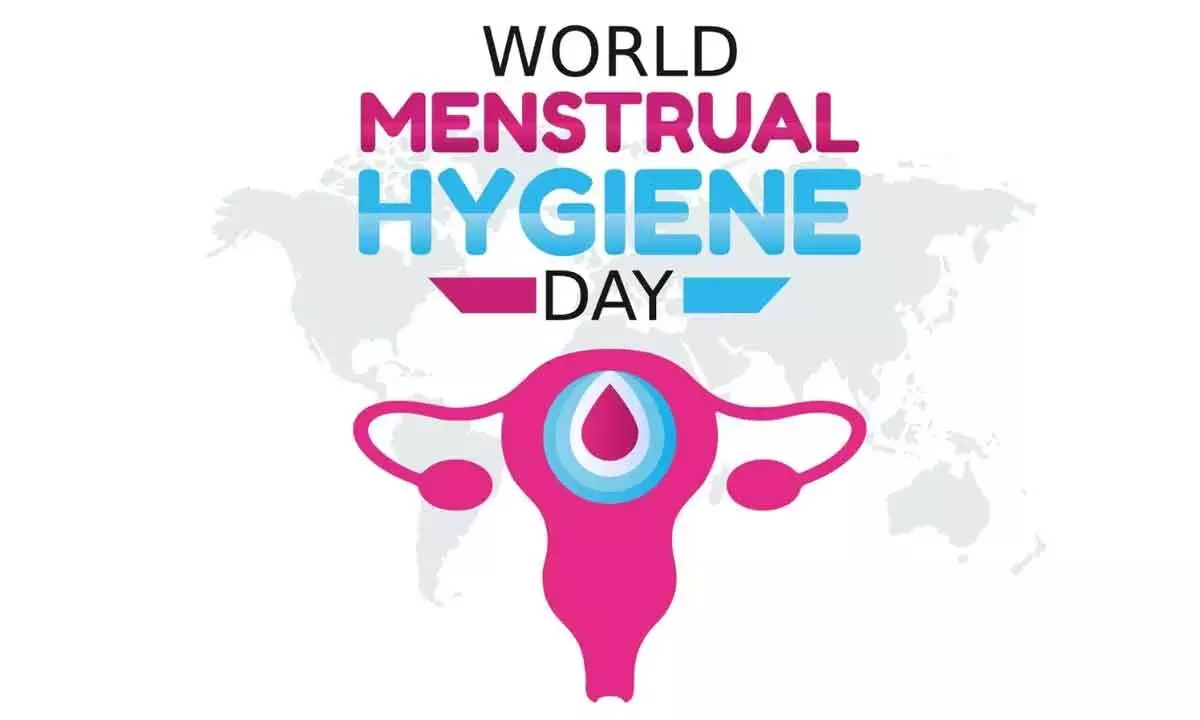Live
- Tanks, canals remain neglected despite execution of MGNREGS works
- BRS to celebrate Deeksha Diwas on Nov 29, Dec 9
- NCC Day grandly celebrated at SITAM
- CITU demands rollback of strategic sale of VSP
- 7-Year-old girl sexually assaulted in Tirupati
- PM Modi highlights govt's efforts to make Odisha prosperous and one of the fastest-growing states
- Hezbollah fires 200 rockets at northern, central Israel, injuring eight
- Allu Arjun's Family Appearance on Unstoppable with NBK Breaks Viewership Records
- Unity of hearts & minds essential for peace & progress, says J&K Lt Governor
- IPL 2025 Auction: I deserve Rs 18 cr price, says Chahal on being acquired by Punjab Kings









